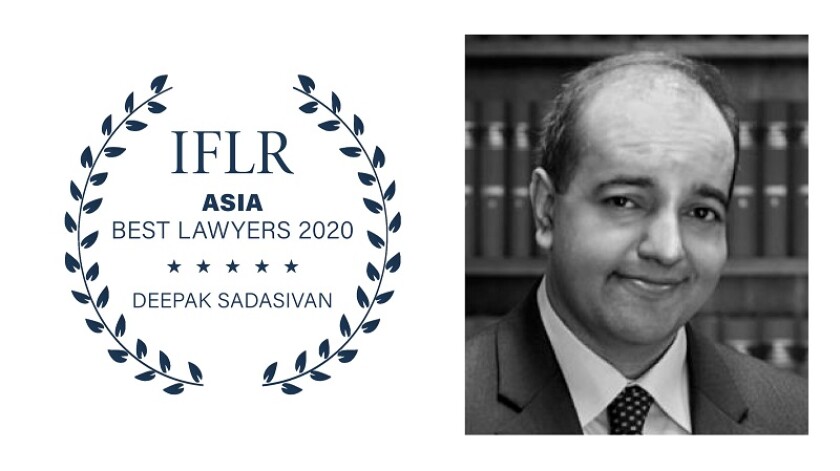As an IFLR1000 rated Market Leader for Malaysia, what do you consider to be the greatest achievements of your career?
I am fortunate to have worked on a number of pioneering transactions, together with capable groups of clients, bankers, regulators and lawyers. These have included the world’s first exchangeable sukuk and the world’s first green sustainable and responsible investment sukuk. I am also fortunate enough to have been entrusted with the role of managing partner in one of Malaysia’s largest and award-winning law firms.
|
|
Every junior is a potential partner |
|
|
What advice would you give to lawyers in junior positions to encourage them to work towards success?
It’s often said that if you want success, you should behave like a successful person. In much the same way, if you want to be a partner, start acting like one, take ownership of your matters and your work and have a sense of pride in not just what you do but also what the firm does. Every junior is a potential partner in the firm and therefore a potential owner of the firm. If you shed the mentality of an employee and start looking at the firm as something you will eventually part own, you will be successful.
What do you feel are the biggest obstacles for young and prospective lawyers in your country?
The recent disruptive trends in global commerce have impacted many businesses and the legal profession is no exception. These trends have increased client expectations to a new level, resulting in sweeping changes to the usual solicitor-client relationship. The number of longstanding clients or clients whose relationship with a firm is based on contact with one of its partners, is declining rapidly as clients demand the requisite expertise, advisors and fee structures that not only provide legal solutions but add value to their businesses. Therefore, young lawyers will have to cope with increased pressure to perform over and above practicing law; they will literally have to be business oriented practitioners from the get-go.
|
|
If you want to be a partner, start acting like one, take ownership of your matters and your work and have a sense of pride in not just what you do but also what the firm does |
|
|
What does your firm do to nurture and promote talent? Do you think it compares well to others in your market in this area?
The firm strives to establish the culture of the common cause which focuses on the growth of the organisation, not individuals. This culture, shapes the perceptions and behaviour of the firm’s members, establishing a spirit of loyalty, cooperation and identification within the organisation, thereby improving the performance as each member contributes, through individual strengths, to the collective cause. More than business strategies or innovations, this has helped nurture our young talent and bring out the best in them.

